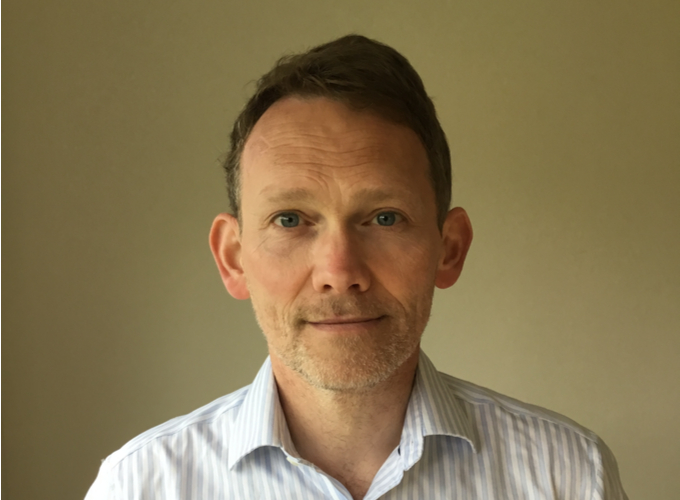Project professionals can do more to demonstrate their value to an organisation

It often feels that a project professional’s valuable contribution to the success of a project can go completely unnoticed in the good times. There they sit in their office directing operations, making sure everything is being run to time and on budget as the life of the organisation carries on around them.
It is only when the project starts going wrong that senior leadership take notice. Who is that person sitting in the corner, and more importantly what are they going to do about the mess they have created?
What project managers need to do therefore – before anything goes wrong – is to let everyone know of their value from day one.
Value-adding shouldn’t be taxing
It isn’t natural for many project professionals. There is a deep-seated reluctance to claim successes and to reflect worth. It is seen as boastful. But as a professional intent on building a strong career, it should be near the top of your to-do list when starting a project.
“Project professionals are engaged to deliver an expected outcome. When that is achieved, you may receive a little praise, but if things go wrong you tend to get saddled with the blame!” says Tim Goodman, managing director of South West Project Management.
“It is important to show your value during a project rather than keeping your head down, and reporting is a key part of that. I always issue a weekly report highlighting successes, progress and the key decisions made. Doing that visually using photos works very well. Keep the client closely informed depending on their main interest, which could be cost overruns or a project’s aesthetics.”
Project leadership coach Susanne Madsen says project professionals could keep a log of their achievements day-to-day and highlight these at meetings where senior leaders are present.
“Blowing your own trumpet when there is no substance behind it won’t work. The best way to be recognised is to do the right things every day. That will add value and mean that you are recognised,” she says.
“The steering committee is a good vehicle for this. It is the opportunity to shine and promote all the good work you have been doing. You should explain what you’ve done since the last meeting and outline the top five issues and what you are doing about them.”
Like the Wild West
Baz Khinda of Wellingtone PPM says baselining projects from the outset can help show value as it progresses. “A lot of project managers just work ad hoc with no accurate tracking of anything. It is like the Wild West. They need to plan out the project in draft and get it approved. The baseline should show: this is what we have planned, and this is how things should progress in terms of schedule and cost,” he states.
“That gives them the ability to show their positive variance from the baseline through a weekly, bi-weekly, monthly or quarterly project status report. They also need to be quick in identifying and communicating any risks or bottlenecks ahead. Don’t hide from any issues.”
You can also show value outside of your own department. Khinda encourages project professionals to share best practice.
“Perhaps you were working with a supplier who proved to be awkward or helpful,” he says. “Other people in an organisation or your peers could use these lessons and apply them to their own work.”
Madsen agrees: “Maybe you have found a better way to use a particular tool or to work online. You can share this and the lessons you have learned, which could benefit other people in the business. You can really promote yourself to leaders and the business by sharing this through a three-minute video on the company intranet or a lunch and learn session.”
Make the most of thought leadership opportunities
Thought leadership articles on social media channels like LinkedIn or speaking appearances at a conference are another option to gain recognition, but be cautious. Project professionals must make it clear, first of all, that their views are their own and not those of the company they are working for, unless it has been cleared by the top branch.
Project professionals can also get recognised and add value by doing something for the business outside of their day job. An example, Madsen says, could be coaching other staff members or taking a lead in a company’s sustainability policy.
“Do something you are passionate about and believe that others can learn from. If not, it will be seen as self-interest or just angling for promotion,” she says. “I used to coach colleagues throughout my organisation in my spare time, which eventually took me down a different career path.”
Goodman also recognises the power of social media and is currently looking at hiring someone to run his digital output. “This will be highlighting my successes which hopefully will be of interest to future clients,” he says. “It’s not blowing your own trumpet. It’s a vital part of the job.”
Madsen also urges project professionals to stand up and showcase their value as part of their career development. “Many people hold themselves back because they don’t want to stand out or they are too shy. But they need to take the opportunity,” she says.
Khinda puts it succinctly. “It’s about winning hearts and minds,” he says. “Both for you and your team. When you are showing your value, you should be like an actor who wins an Oscar. You should be thanking everyone in your team for their hard work and achievement. That helps build loyalty and recognition.”
Discover the winners of the APM Project Management Awards here
You may also be interested in:


0 comments
Log in to post a comment, or create an account if you don't have one already.